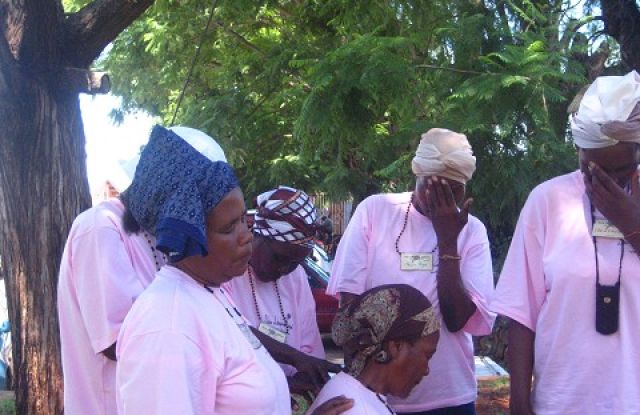Freedom: God’s creativity unleashed

4th in a 5-part series on the pillars of life
 A little tyrant lives within us all that wants to find
A little tyrant lives within us all that wants to find
structure and comfort where the only certainty is mystery. We by nature seek to bring order out of
chaos. As pioneers in any new world,
whether it is physical or metaphysical, we want to cut down trees, plant
gardens, and put up fences. Because this
is the way we are hard-wired, we need the in-built brake on our proclivity that
the doctrine of freedom brings.
Theologians are inveterate fence-makers whose lives generally cannot
support their vocation. As they erect
spiritual fences for the rest of us, we assume they know what they are doing
and live within the confines of their boundaries.
A consequence of this sad fact of life is that thousands of
denominations speak definitively about things which are debatable. While God designed us for the freedom which
an embrace of myth and mystery produce, we default to variations on the theme
of legalism, a theme proven to be bankrupt in the Old Testament, and excoriated
by Jesus in the New.
Embracing the freedom Jesus came to give us softens the
edges of doctrinal positions which define the terms by which we engage with God
and one another, terms which when reduced to paper and interpreted by men,
inevitably become hard-edged and joyless.
Understanding that this dynamic is what drains the vitality from all
denominations over time, we need to allow God to be God
children of the covenant and masters of creation, realizing that we were born
to soar. Unfettered by lifestyle
strictures mandated by theological curmudgeons, we find our wings and take
flight.



Hey, Seth. I’m a friend of a friend of yours, and she recently pointed me towards your blog. Looks like good stuff!
I’m wondering about a definition of freedom. How should we define it? I mean, it sounds like you are equating freedom with no boundaries. I like that a lot, since it jives with my culture: American dream, you can be anything you want to be, you have rights, don’t judge anything, take care of yourself, etc.
But evil, life-sucking theologians aren’t the only ones who set boundaries. 🙂 God sets them, too, even in a pre-sin situation (Garden of Eden). I don’t think God is anti-freedom, but it sounds like he might have a different definition of freedom than we usually do. Any thoughts?
Hi Bob,
Thanks for checking out the blog.
Clearly in a short blog like this I’m not going to adequately outline the tension that exists between order/structure and freedom. My purpose is to seek balance in an age where the church has acquired a reputation for hypocrisy. So, yes, I agree with you – all of life requires order – the cosmos are held in dynamic tension by natural laws just as God has put a moral law in place. And Galatians 5:13 nicely describes the balance that we seek: “You, my brothers, were called to be free. But do not use your freedom to indulge your sinful nature;”
You can’t have unlimited freedom – you get anarchy. The book of Romans outlines the issue nicely and I believe it’s inspired.
Unfortunately, our interpretation and our praxis is not. The history of the church is like the history of man’s relationship with God – in reaction to the problem of sin, the pendulum swings most frequently too far in the direction of legalism rather than grace.
I guess in posting this blog, I assume a lot of context, and so hope to push us in the direction of balance. Piety with joy thru the wonderful grace-filled, Spirit-led life of faith that God does not so much compel us to as woos us to.
Wow! I think Bob, you are missing the point of true “freedom”!!
When we can become fully alive under “God’s boundries” then true theologians, those that are in a place of intimacy and prayer with the Father, will be set free themselves… Paul was certainly under the boundries of God and was able to live the “Mystery” that He has for us. Truly free to live an abundunt life in Jesus! Not tied to our own understanding and are own small egos and our ideas of what we think Christianity is.